Through an examination of letters sent between Ellen Hutchins from Ballylickey, Co. Cork and Dawson Turner from Norfolk – both distinguished botanists of the early 19th century – a new podcast investigates the relationship that developed between the pair.
Seaweed & Sealing Wax 2
A recently released podcast, entitled “Seaweed & Sealing Wax 2”, analyses a fascinating series of correspondence between two preeminent botanists throughout 1812.
A D V E R T I S E M E N T
Ellen Hutchins was then 27 years old, single and spent much of her time caring for her ailing mother and disabled brother in their home in rural Co. Cork, while Dawson Turner, a 37-year-old married father and banker, lived a very different life in England. Nonetheless, a deep friendship developed between the two scientists.
Ellen Hutchins
Born in the Bantry Bay area of West Cork in 1785, Ellen Hutchins is regarded as Ireland’s first female botanist. This interest was sparked when she was just a student. Ellen’s health had started to deteriorate and, consequently, Dr Whitley Stokes encouraged Ellen to spend time outdoors studying plants in order to improve her health.

Ellen specialized in cryptogamic (non-flowering) plants such as seaweeds, freshwater algae, mosses, liverworts and lichens. Collecting and cataloguing all of the species she encountered in the Ballylickey area, she identified several new species. This pioneering botanist also created a large corpus of high-quality watercolour illustrations of the various species she studied, as well as dried specimens that she annotated in detail.
>>> RELATED: New finds add to the story of Ireland’s first female botanist, Ellen Hutchins
Ellen Hutchins and Dawson Turner
Due to her scientific achievements, Ellen became highly respected by other leading botanists of the day. Starting in 1807, Ellen began writing to fellow botanist Dawson Turner from Great Yarmouth, Norfolk, who specialized in seaweeds.
Gradually a deep friendship developed. The two botanists corresponded regularly for years and a staggering 120 letters survive. While their shared knowledge of botany may have initially brought the pair together, their letters reveal a closeness that went far beyond this common interest.

The letters cover topics such as botany, botanical art and their shared love of poetry and literature, along with delightful everyday observations. They give a peak into Ellen’s character and circumstances while providing vivid descriptions of the local landscape. Occasionally, the letters contained plant specimens.
>>> READ MORE: Season 2 of popular Cavan heritage podcast “Where We Belong” out now!
The letters also often include commentary on Ellen’s ill health and her domestic responsibilities.
“I am as much bound to home as if I had ten children to take care of. My mother is ever weak and extremely nervous and cannot do without me for two days at a time, and beside the care of her I have a great many other employments that weary me at times to depress my spirits.”
The original letters are held in the Archives of the Royal Botanic Gardens, Kew, London and the Wren Library of Trinity College Cambridge. Many of the letters have now been transcribed and most are available on the official Ellen Hutchins Festival website, including all of the letters from 1811 and 1812.
Sign up to our newsletter
In January 1812, Ellen sent Turner a list of all the plants in the Bantry Bay area at his request. This amounted to nearly 1,100 plants and it was intended for publication by the Linnean Society but, unfortunately, this never happened.
Sadly, Ellen Hutchins and Dawson Turner never met. But on her death in 1815, aged just 29, most of Ellen’s collection of specimens and drawings passed to Turner, her greatest mentor, though family disputes initially threatened its transmission.
A D V E R T I S E M E N T
Turner was widely published and engraved seven of Ellen’s drawings in his Historium Fuci (1808–19), along with a special tribute to Ellen following her premature death.
The team behind the podcast
The script for this new podcast was compiled by Clonakilty-native Karen Minihan, author of Extraordinary, Ordinary Women: untold stories from the founding of the State, alongside well-known historical researcher Finola Finlay of Roaringwater Journal.
In the podcast, Karen Minihan, also a theatre performer, reads extracts from the letters. An overview of the broader historical and scientific context is voiced by Finola Finlay, while the podcast is enriched by genealogical details presented by Madeline Hutchins, Ellen’s great-great-grandniece. In addition, the podcast features Laura McKenna’s poetry – inspired by Ellen Hutchins’ life and works – read by the poet herself. The podcast was professionally recorded at Westfield Studios, Caheragh, Co. Cork.

Much of the material for the podcast was initially presented as part of a live event performed in August 2022 at the Ellen Hutchins Festival. This year the festival runs from Saturday, 12 August to Sunday, 20 August 2023.
A D V E R T I S E M E N T
Listen now
Released on 9 February 2023, you can listen to the podcast for free on most podcast streaming platforms, including Apple Podcasts, Castbox and Buzzsprout.

Seaweed & Sealing Wax 2 is also available on the official website for the annual Ellen Hutchins Festival, where they are seeking a small donation in exchange (€1 minimum). All monies raised will be used to support the Ellen Hutchins Festival, which is run by an independent, non-profit organization.
Sign up to our newsletter
Subscribe to the Irish Heritage News newsletter and follow us on Facebook, Twitter and Instagram for all the latest heritage stories.
READ NOW
➤ New finds add to the story of Ireland’s first female botanist, Ellen Hutchins
➤ Bishop Edward Synge and his “dear giddy brat”
➤ How Cromwell’s Bridge in Glengarriff got its name
➤ The “Lady of the Lake”: Beezie and her island
➤ Charting Judith Chavasse’s life in West Cork and Waterford through her diaries and memoirs
A D V E R T I S E M E N T



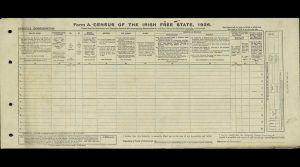



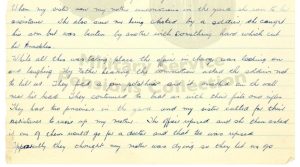
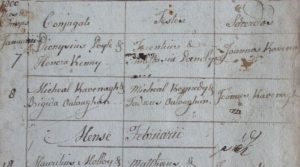
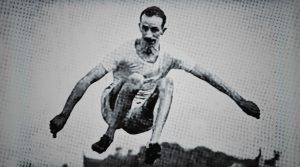

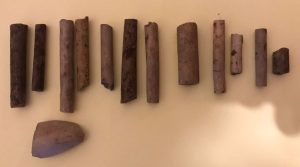
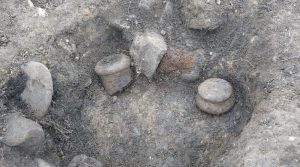
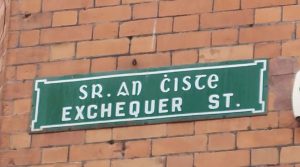

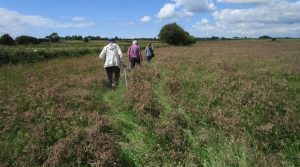
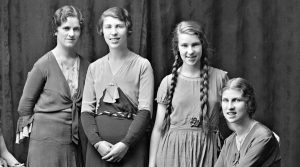
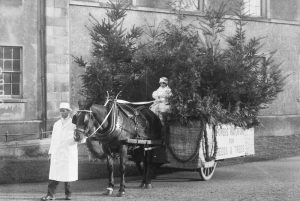
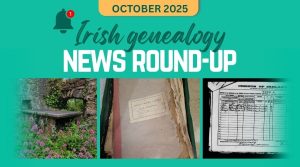


One Response
Hi and thanks so much for this promotion! Finola